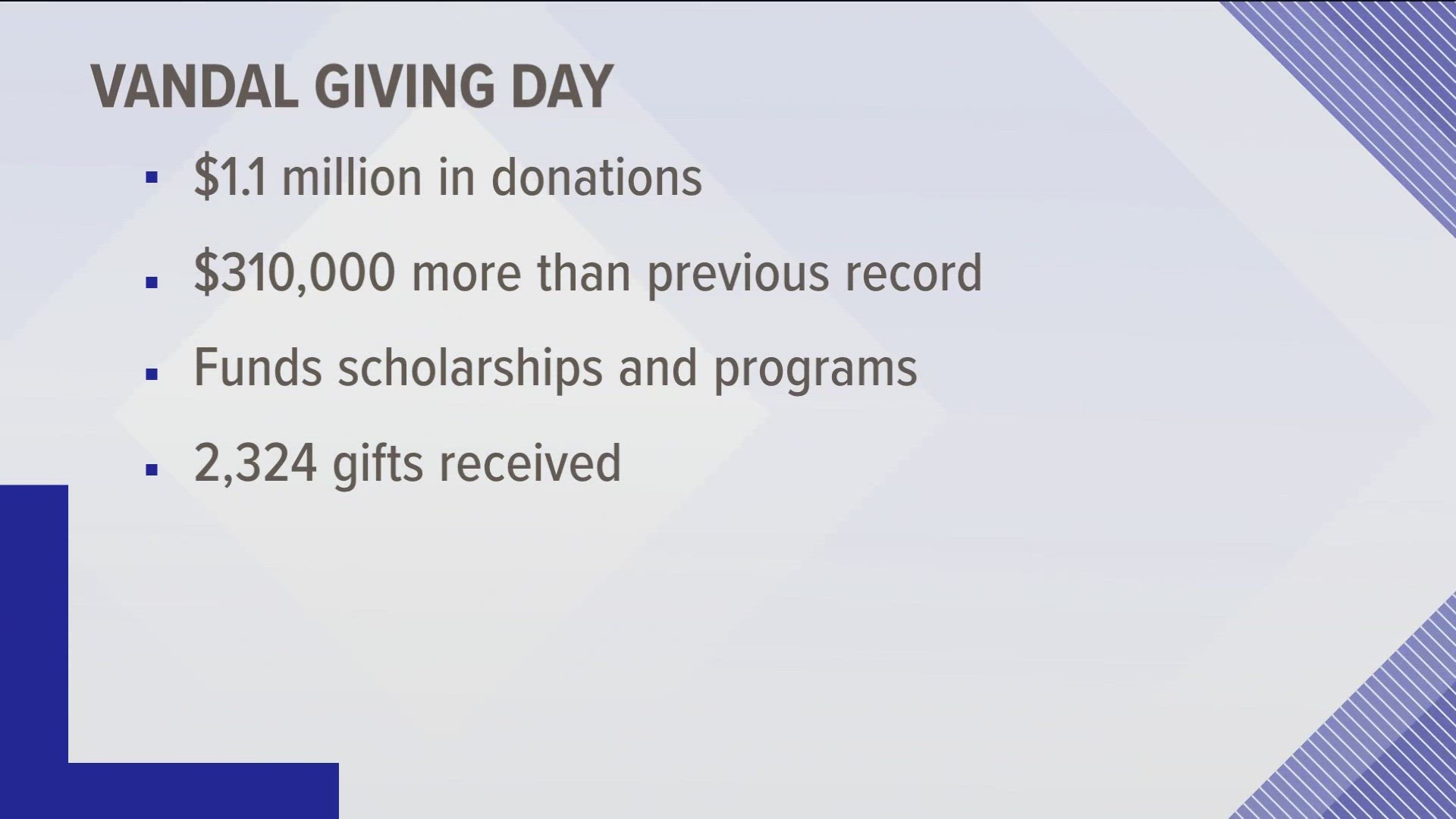Tax audits are right up there with death, public speaking and needles on the list of things people fear, but you might be able to dial back the nail-biting this year. One, your odds of being audited are pretty low. And two, your tax software could score you free or cheap audit help.
Not all of it is the same, however, and not all of it is cheap, so here are a few things to understand about how your tax software’s audit help works.
1. There’s a difference between ‘audit guidance’ and ‘audit representation’
“Guidance” (sometimes called “assistance” or “support”) generally just helps you understand what’s happening. “Representation,” on the other hand, typically means a skilled human will speak with the IRS on your behalf about your specific situation.
Many tax software providers offer guidance for free; representation is often part of add-on products that run from $20 to about $50. That could be a deal if you’re actually audited because representation isn’t always cheap when you pay for it out of pocket. For example, tax professionals charge an average of $128 to write an audit response letter to the IRS for you, and $150 per hour for in-person IRS audits (some audits are via correspondence, however). The average retainer (30% of tax pros charge one for an audit) runs $770, according to the National Society of Accountants.
2. The help may actually come from a third-party company
Most major tax software providers are focused on software development; they’re less interested in dealing with audits. As a result, the audit protection packages they offer often (but not always) come from third-party partners, says Mark Olander, the CEO at TaxAudit in Folsom, California. (TaxAudit partners with TurboTax, for example.)
Should a dreaded notice from the IRS arrive, you’ll need to get in touch with the audit protection provider, which then verifies that you bought coverage. Next, you’ll probably need to provide copies of the IRS notice and your tax return. If you need representation, you may also have to sign a limited power of attorney document so that your representative can act on your behalf, Olander says.
3. Often, a specific person is assigned to your case
“That’s something that a taxpayer should ask when they’re considering purchasing the program,” says Michael Cairo, a managing director at Winston-Salem, North Carolina-based Protection Plus, which partners with TaxAct and several professional tax-prep software companies.
Depending on the provider and the nature of the audit, your representative might be in another city, which means your interaction will happen primarily via phone, email and/or secure data portal, Cairo says. Or your representative might be a local tax pro who will meet with you in person.
4. It’s not a magical force field
Audit protection doesn’t make audits go away, and it doesn’t erase additional taxes you might legitimately owe. It also doesn’t free you from responsibility for what’s on your return, Cairo says.
“People think that if they purchase the audit package, then maybe they can afford to stretch a little bit or to exaggerate a little bit,” he says. “Nothing could be further from the truth. What we tell people all the time is: We do not have a magic wand.”
And if you don’t have documentation to support that deduction the IRS is questioning, having audit protection probably won’t change that. “We can’t create it, and we can’t make it up for them,” he says.
5. But again, you may not need it
First, in many cases, coverage on a specific tax return is good for as long as the return is auditable (typically three years). If you bought coverage for your 2016 return but the IRS didn’t get around to auditing that return until 2018, for example, the coverage on the 2016 return should still be good, Olander says.
Second, anxiety over audits is high this time of year, but the likelihood of an audit is actually pretty low. In 2016, the IRS audited 0.7% of all individual returns filed the year before, and the number was even lower for incomes from $25,000 to $200,000.
If audit worries are keeping you up at night anyway, check out the coverage options in your tax software. If your number does come up, you could save money and avoid the hassle of trying to deal with it all by yourself.
“A lot of taxpayers, because they’re freaked out and they don’t have any experience dealing with this sort of stuff, they’ll just put a bunch of papers in an envelope and address it, ‘Dear IRS,’” Cairo says.
The article Getting Tax Audit Help Might Be Easier Than You Think originally appeared on NerdWallet.


